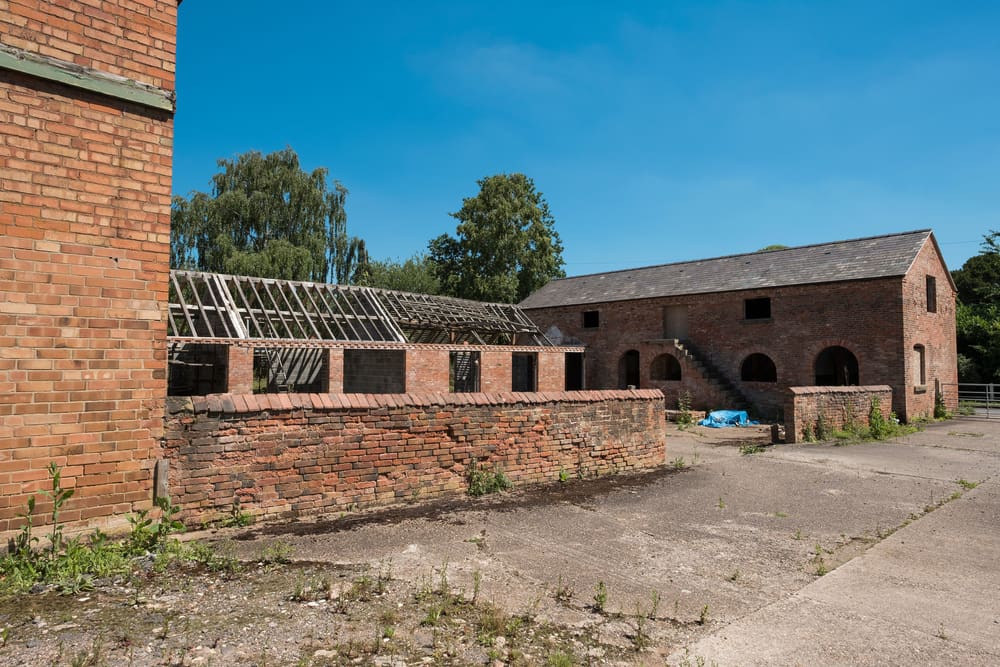With major developments on the horizon, including the Ox-Cam Arc, East-West Rail and the proposed Universal Studios project, demand for accommodation in the region is expected to rise sharply. Construction workers and contractors will need somewhere to live, and this could be a chance for rural landowners to generate extra income by converting unused farm buildings into housing.
Converting agricultural buildings to homes
We regularly support rural clients with the legal and planning issues around turning redundant agricultural buildings into residential properties. While the opportunity is attractive, the rules can be complex, so it’s important to get professional advice before committing to a project.
Class Q of the Town and Country Planning (General Permitted Development) Order 2015 allows some agricultural buildings and the land around them to be converted to residential use without needing a full planning application. However, there are strict conditions, including:
- The building must form part of an established agricultural unit.
- Conversions are not permitted for listed buildings or scheduled monuments.
- No more than 10 homes can be created, and each must be under 150sqm.
- Extensions are tightly controlled.
- Before starting, you must obtain ‘prior approval’ from your local planning authority on issues such as transport, noise, flood risk, siting and design.
Case law makes clear that Class Q is a right to convert an existing building – not rebuild it. For example, where only remnants of a structure remain, full planning permission will be needed.
Why professional advice matters
The prior approval process is designed to be relatively light touch, but local authorities cannot refuse simply because housing is restricted in the countryside. Even so, the rules are detailed, and every site is different. Speaking to a solicitor and a local property agent will give you clarity on:
- Whether your conversion plans are likely to succeed.
- What level of rental income you could expect.
Giving you the full picture
We work closely with farmers, landowners and rural businesses across the region. Our agriculture and property specialists can guide you through the Class Q process, ensuring your project meets the legal requirements and has the best chance of success.
If you’re considering a conversion, we recommend taking advice early, so you can make an informed decision about the potential risks and rewards.



